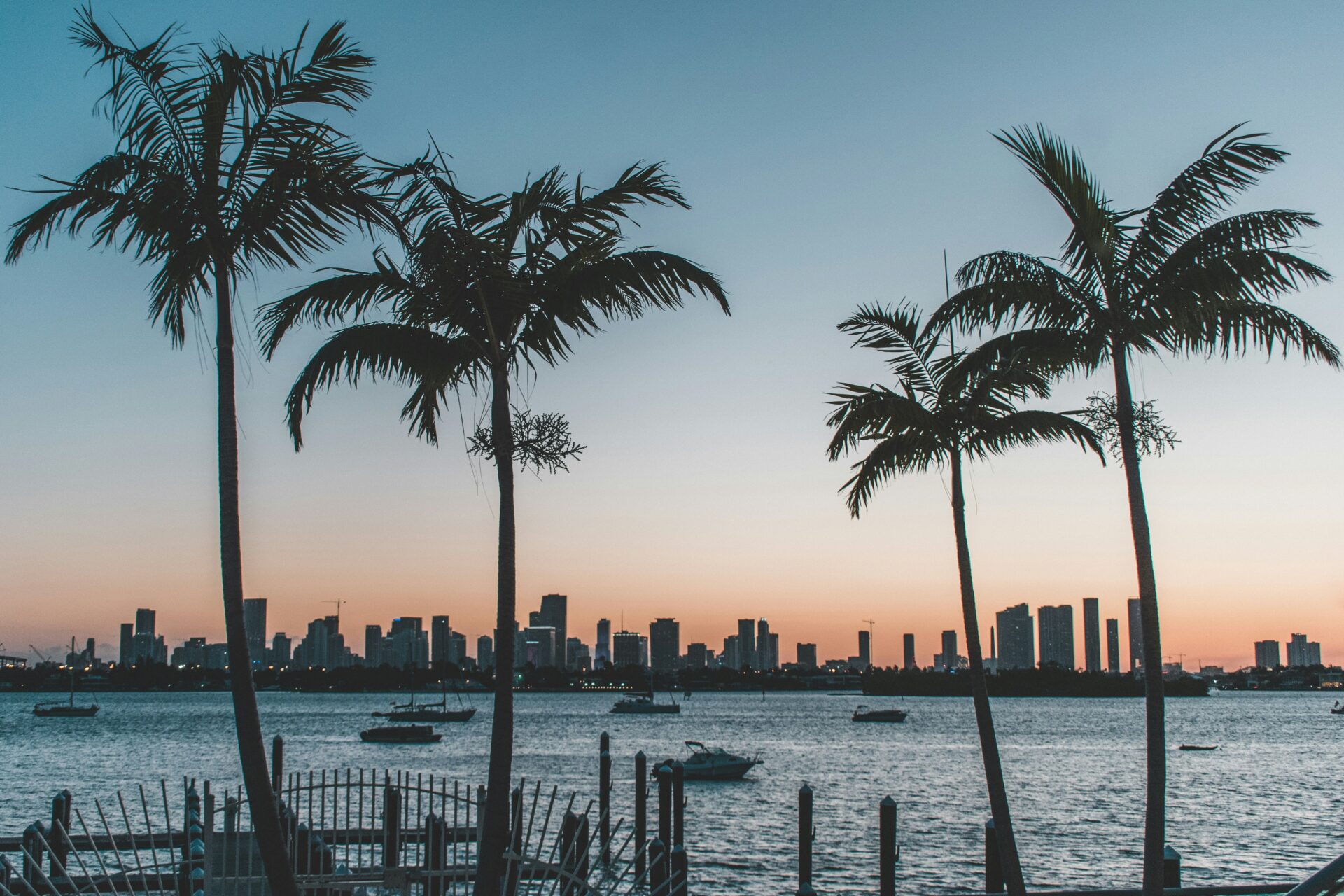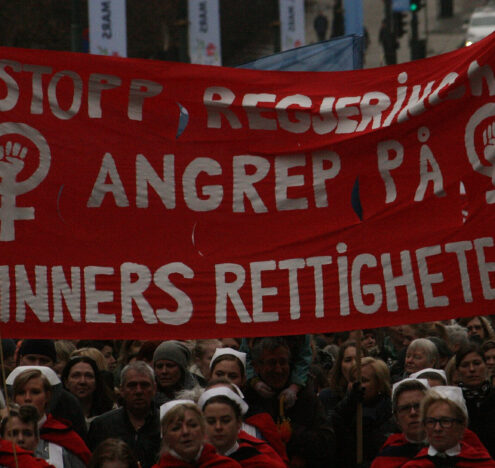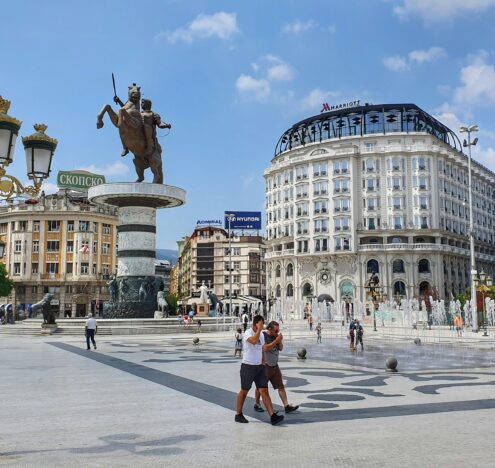Democratic backsliding changes many things in a person’s life — including, maybe, how they vacation. In a new paper, David R. Miller and Serena D. Smith, in their new paper, “(Small D-democratic) vacation, all I ever wanted? The effect of democratic backsliding on leisure travel in the American states,” published in the Journal of Experimental Political Science, sought to examine exactly that.
Vacationing, the authors explain, is transitory. That means that, in looking at domestic leisure travel destinations, they are able to isolate individuals’ values in preference formation from the impact the policies would have on their lives if they actually had to live under those policies.
The authors used pre-registered conjoint and vignette survey experiments. The former allowed them “to observe how respondents utilize information about backsliding when embedded in a multidimensional decision-making context alongside other factors relevant to tourism.”
Discouraging Travel
For the latter, they had respondents look specifically at Florida, which had recently made it more difficult to vote by mail, and highlighted the backsliding in order to “assess how emphasizing backsliding in the real-world political milieu affects behavior.”
[I]ndividuals will make decisions based on backsliding not only when it impacts their lives, but also when it impacts the lives of others.
Effects in the second study were more modest than in the first, though, on the other hand, the second study added in a “real-world political milieu,” and thus constituted a harder test of expectations.
The two studies, taken together, led them to the conclusion that Americans — and Democrats in particular — “express less interest in vacationing in states that recently adopted backsliding policies” (other recent studies have found that a state’s adoption of backsliding policies will make Democrats, but not Republicans, less likely to relocate there).
“Normatively Troubling”
This means that individuals will make decisions based on backsliding not only when it impacts their lives, but also when it impacts the lives of others. “States,” the authors write, “should be conscious that backsliding not only discourages organizations from holding events in their jurisdictions but also deters individuals from traveling there.”
The authors describe this as a modest sanction, and one that may not actually deter backsliding behavior, as it makes up less than 1% of backsliding states’ gross domestic product. Additionally, and in a way that is, as the authors put it, “normatively troubling,” their research found that concern about democratic backsliding fell along partisan lines.
The authors speculate that this may be because these policies are mostly driven by Republican elites, or because Democrats and Republicans have different understandings of democracy. In any case, they write, “Uncovering the sources of these dissimilar responses and discerning how to encourage all Americans to uphold core institutions and norms are essential for preserving democracy.”





















